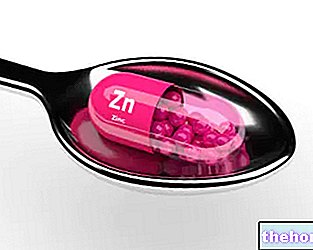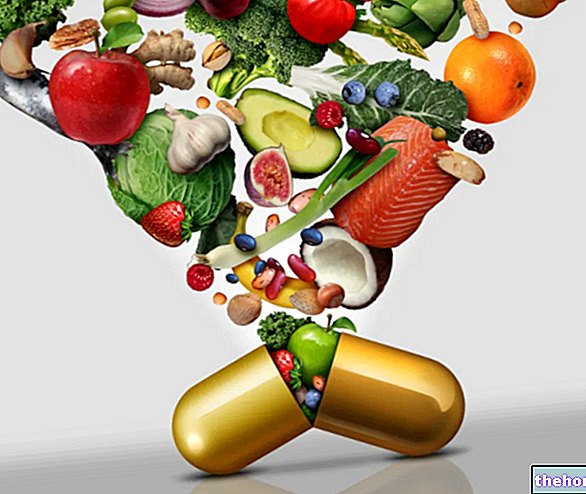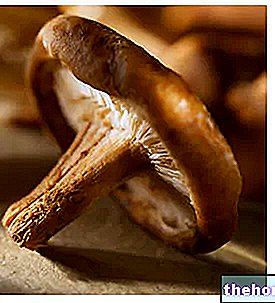«Introduction to basal metabolism
Estimation of basal metabolic rate based on lean mass
An accurate estimate of the basal metabolic rate can be obtained by considering the body composition of the individual. Fat mass is detectable through various techniques, including skin scaling, hydrostatic weighing and bioimpedance.
Having this data and the total body weight available, it is easy to trace the lean mass (FFM) and the basal metabolic rate of the subject (MB).
EXAMPLE: in a subject with a body weight of 80 Kg, of which 15% of fat mass, the alipidic lean mass is equal to: [80 - (80 * 0.15)] = 68Kg
The following table shows that the basal metabolism is 1839 Kcal.

An interesting fact can be extracted from the above data: acquiring 10 kg of lean mass means raising your basal metabolic rate by at least 200 Kcal (in conditions of complete rest); with a similar muscle gain, even the caloric expenditure to perform normal daily activities - including physical activity - will increase significantly (more or less another 200 Kcal / day). On balance, the increase in muscle mass therefore represents the way more effective for weight loss.
A faster and more immediate estimate of the basal metabolic rate is obtained by multiplying your body weight, expressed in kg, by 21 in women and by 23 in men.
A 75 kg man will therefore have a theoretical and approximate basal metabolic rate equal to (75x23) = 1725 Kcal. These values are all the more correct the more the individual's body weight is within the norm (fat mass equal to 15-18% in men and 20-22% in women).
It is also possible to calculate the basal metabolic rate by following the mathematical formulas shown in the table:
Other methods for calculating basal metabolic rate are given in these articles:
Basal metabolic rate calculation Calculation of lean mass and basal metabolic rate Ideal weight Body surface area and metabolism calculation b.
Think You Have Low Metabolism?
The most frequent of the excuses: I'm fat because I have a low metabolism. In reality this is a "hardly credible statement. If it is true that the basal metabolic rate tends to decline with age, it must however be considered that this decline is all in all modest." Excluding hormonal dysfunctions, for the same sex and muscle mass, individual variations in metabolism are in fact limited. Fat people do tend to have slower metabolisms than lean ones, but this condition is a consequence of their being overweight, not the cause.
Even the age-related reduction in basal metabolism is in some ways just an excuse. The physiological decline in metabolism over the years is mainly due to the progressive reduction in muscle mass and the level of physical activity. Keeping active and following a diet balanced, it is therefore possible to counteract the metabolic decline linked to aging.
Attention to the Diet
A too strict diet, based on excessive caloric restriction, decreases the basal metabolism. This decline is responsible for the failure, after the first apparent successes, of many strictly low-calorie diets.
Unfortunately or fortunately, depending on the point of view, our body is programmed to withstand even periods of famine. To survive in these situations, thanks to a fine hormonal regulation mechanism, the body tends to lower the basal metabolism. At the same time it tries to store fat, increasing its synthesis and decreasing its oxidation. The reduction of caloric expenditure therefore occurs thanks to the "inhibition of" accessory "biological activities.
We thus enter a vicious circle in which a reduction in caloric intake is followed by a reduction in basal metabolism. Obviously this process cannot continue indefinitely and, once the critical dose is reached in which hunger becomes unbearable, some occasional bingeing will suffice. to regain the lost kilos, with lots of interests.
Protecting yourself from these dangerous, but somewhat common, consequences is quite simple. In fact, it is sufficient to practice a little physical activity to raise the daily caloric requirement, making the diet more bearable and at the same time increasing the basal metabolic rate.
Basal metabolism and hormones
The hormones that affect the metabolism the most are:
insulin - glucagon - adrenaline - cortisol - thyroid hormones - GH




























